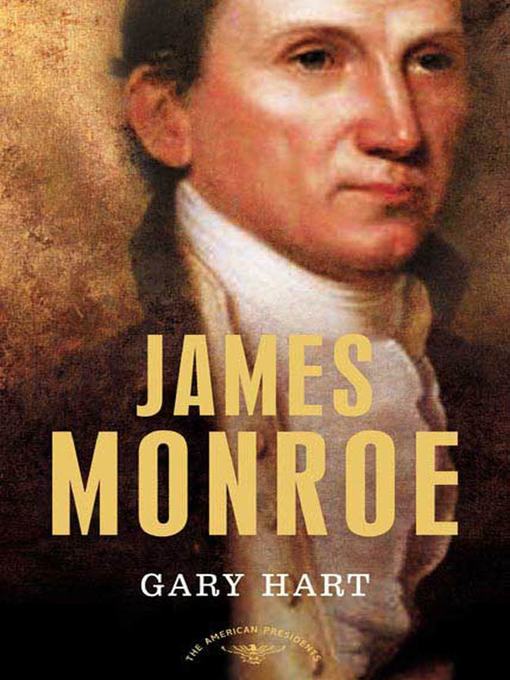
James Monroe
The 5th President, 1817-1825
فرمت کتاب
ebook
تاریخ انتشار
2005
نویسنده
Arthur M. Schlesinger, Jr.ناشر
Henry Holt and Co.شابک
9781466823051
کتاب های مرتبط
- اطلاعات
- نقد و بررسی
- دیدگاه کاربران
نقد و بررسی

September 15, 2005
Recent biographies have stoked public interest in the Founding Fathers. Now former U.S. senator Hart ("The Fourth Power: A New Grand Strategy for the United States in the Twenty-First Century") studies James Monroe, the last of the Virginia dynasty, who, although president at an important time in U.S. history (1817 -25), is often overlooked. Hart argues that in the years after the disastrous War of 1812, Monroe was "the first 'national security president, ' whose consistent underlying motivation was to expand and establish the borders of the U.S. and to make it the dominant power in the Western Hemisphere, free of European interference." Drawing heavily on Harry Ammon's seminal "James Monroe: The Quest for National Identity" and other sources, Hart makes a credible case for this thesis, showing that Monroe's experiences as an officer in the Revolutionary War, governor of Virginia, member of Congress, secretary of state and war, and diplomat gave him a unique perspective on America's strategic weaknesses and the means to overcome them. While this brief if well-written account lacks the depth of Ammon's work, it is a satisfying and informative read. Recommended for public libraries, especially those that do not have the Ammon book in their collections. -Thomas J. Baldino, Wilkes Univ., Wilkes-Barre, PA
Copyright 2005 Library Journal, LLC Used with permission.

October 1, 2005
Neither as literary as Josiah Bunting III's " Ulysses S. Grant" (2004) nor as utterly revelatory as Charles W. Calhoun's " Benjamin Harrison" (2005), Hart's presentation of the first genuinely forgotten president is just as absorbingly eye-opening. Now known only for the "doctrine" bearing his name, Monroe (1758-1831) was a career soldier, diplomat, and politician. A Jefferson-Madison protege, he differed with them on two crucial matters: a standing military and a national bank. He shared their enthusiasm for westward expansion but realized that a permanent military was needed to defend development against major imperial powers, and he eventually budgeted to build it. To prevent government bankruptcy from real crises, such as the War of 1812 (in which he participated in the battle for Baltimore), he advocated a national bank. So doing, he increased central government authority and in the Monroe Doctrine flexed its muscles. Moreover, although he was a southerner, he signed the Missouri Compromise that staved off secession for 40 years. He was arguably a greater president than either of his mentors. (Reprinted with permission of Booklist, copyright 2005, American Library Association.)

























دیدگاه کاربران